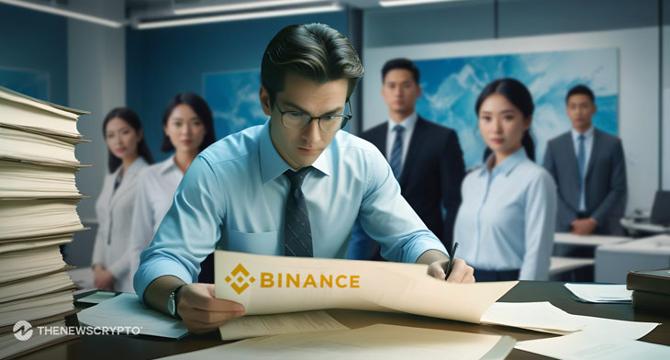TheNewsCrypto
1M
85

Image Credit: TheNewsCrypto
Binance Research Explores Decentralized AI: The Future of Fair and Transparent AI
- Decentralized AI (DeAI) represents a shift in AI development, focusing on preventing monopolization and enhancing transparency and fairness.
- The rise of blockchain and decentralized networks introduces DeAI as an alternative to centralized AI controlled by tech giants.
- Centralized AI poses risks like data monopolization, biases, security issues, and lack of accessibility for smaller entities.
- DeAI aims to distribute AI processes across a network, countering challenges faced by centralized AI models.
- Key components of DeAI include decentralized data storage, shared compute power, and open-source algorithms for transparency.
- Advantages of DeAI include transparency, reduced censorship, increased security, cost efficiency, and interoperability.
- Challenges of DeAI include scalability, incentive design, quality control, and regulatory issues.
- The future of Decentralized AI involves integration with Web3, autonomous AI agents, collaborative training, and cross-chain solutions.
- Decentralized AI offers a more transparent, secure, and accessible model for AI development, reshaping the future of artificial intelligence.
- Ongoing advancements in blockchain tech and decentralized computing will drive the growth of DeAI, impacting how AI is created and utilized globally.
Read Full Article
5 Likes
For uninterrupted reading, download the app